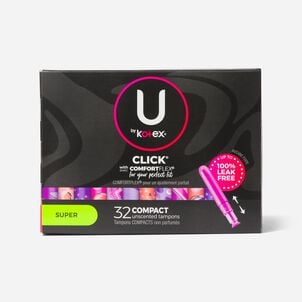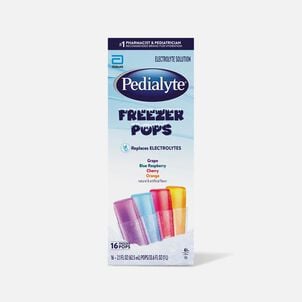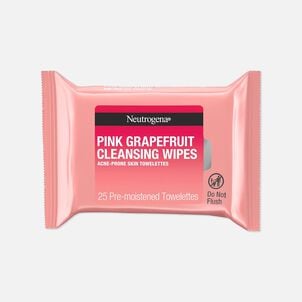Enrolling in an HDHP? Here's what to do next (Part 2)

There's no denying it: Enrolling in a HDHP can be daunting. But there are ways to help offset the cost, and maybe even save money. In the last edition, we discussed becoming a savvier health care consumer (it's a trend, people!) and why you should enroll in an HSA-eligible HDHP.
This time, let's focus on everything from managing your deductible to planning for major medical events.
Keep an eye on your deductible
While trying to cut corners on care when enrolled in a HDHP may be tempting, this strategy may work against you. After all, once you hit your deductible, you're 100% covered for the rest of the year.
So watch your deductible and time it correctly. While this cost might sting at first, if you can hit it in the first half of the year, you're better off, since you'll be covered the remainder of the year. Plus, if you've been contributing regularly to your HSA with the funds you've saved with a lower monthly premium (the hallmark of a HDHP), you should have a nice little health care nest egg.
But wait until mid-December to hit your deductible, and you'll be scrambling to get all those last-minute dentist, optometrist, and yearly physicals in. With an HDHP, it's all about balance. Before enrolling in an HDHP, it's also wise to consider just how large of a deductible you can afford, and ensuring your cash flow is liquid enough to cover any unexpected medical event.
Consider add-on benefits
If you have a chronic health condition, a larger family, or tend to visit the doctor more often than not (hey, some of us are just clumsy) then you may consider add-on benefits to supplement your HDHP.
Also called voluntary benefits, these are essentially additional health care benefits that you pay for yourself and can use to help round out your health coverage. Examples include vision and dental coverage or a supplementary life insurance policy.
- Dependent Care FSA - a tax advantaged account used to pay for the care of any dependents, such as day camp/daycare for children or daycare for dependent adults.
- Limited Purpose FSA - LPFSAs are a type of FSA that covers vision and dental expenses and can be paired with an HSA.
Plan for "big" health care procedures
Are you expecting a baby? Have a major surgery planned? Is it time for a colonoscopy? Then be sure to plan financially for these costs, especially if you're enrolled in an HDHP. It may be helpful to sit down with your spouse and a calendar at the beginning of each year and plan out any expected larger expenses. That way, you'll be financially prepared when they inevitably pop up.
Bonus points if you can plan the birth of your child toward the beginning of the year. That way, you can hit your deductible in no time and be set the rest of the year.
--
Whether you're spending steadily or saving for something, Wage Up! is where we highlight the latest services available to buy with your HSA, every Monday on the HSA Learning Center. And for everything else about your health and financial wellness, be sure to follow us on Facebook and Twitter.
 |
| 

.png)














